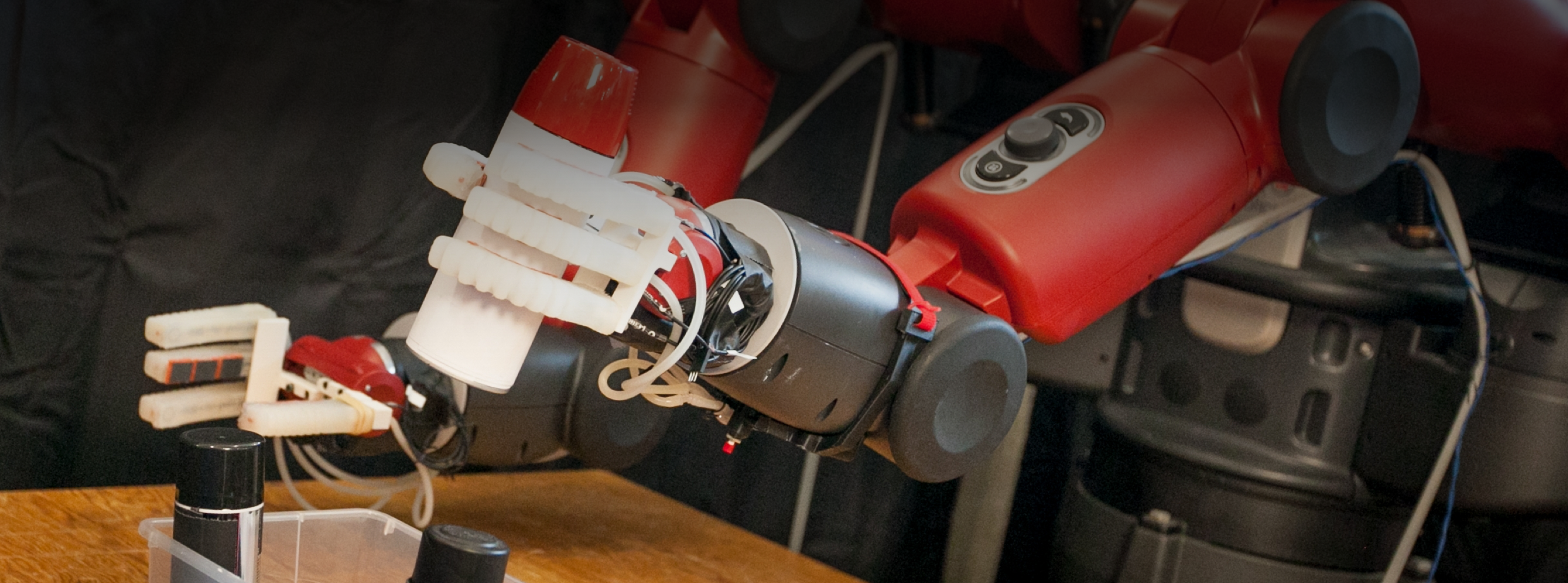“There’s an incredible amount of freedom and collaboration. Thinking outside the box is just so encouraged, and everyone is so friendly and receptive to ideas. I really appreciate that about CSAIL,” says PhD student Willie Boag, whose research focuses on the healthcare ecosystem and how technology and machines could aid medical processes.
Boag, who obtained his undergraduate degree in computer science from UMass Lowell, had been involved with machine learning and natural language processing research since the early years of his college career. However, his research in the domain of healthcare did not begin until he began working with his faculty advisor, Peter Szolovits. “I had three years of machine learning research, and I assumed healthcare data would be the same. It’s not. It's actually really interesting and complicated,” he shares.
The biggest difference, according to Boag, is that healthcare data is unintuitive. “For the other machine learning fields that I worked in, like natural language processing, talking with linguists is important, but there was a lot of stuff that I could instinctively figure out based on speaking English and understanding sentence structure,” he explains, “With healthcare, it’s not as simple. For example, a column could say diagnosis, but it might be the admitting diagnosis as opposed to the discharged diagnosis.”
It’s therefore imperative for Boag and his peers to speak with health care providers, especially those who collected the data and understand its context. Furthermore, Boag believes it’s critical to speak with doctors to learn what tools and technology would be useful to them. In order to facilitate this conversation between computer scientists and doctors, Boag helped pilot an “ML for Health Community Consulting” program, where Boston doctors came to MIT for free data science advice.
Currently, Boag is researching the automatic generation of radiology reports. Specifically, his work focuses on chest X-Ray report generation. Boag and his colleagues hope to improve patient care by designing a machine learning technology that is able to produce natural language that describes the findings of a medical radiograph.
This image captioning has the potential to improve clinical workflows as well as the quality and uniformity of care. “These machines can really complement humans,” states Boag, “They can be faster, they can scale, and they could be more consistent, and, in some cases, more fair if you’re intentional about that.”
Boag has recently developed an interest in policy and is spending the summer interning in Washington D.C. After graduate school, he hopes to pursue a career that enables him to use not only technology but also policy to improve lives.
In addition to his studies, Boag is actively involved in the community in his hometown of Dracut, Massachusetts. For the last two years, he has helped run a chapter of the Destination Imagination program at local schools, encouraging creative problem solving for children aged K through 12. Boag is also working to start a local branch of Girls Who Code, in an effort to get young women excited about technology and computer science.

